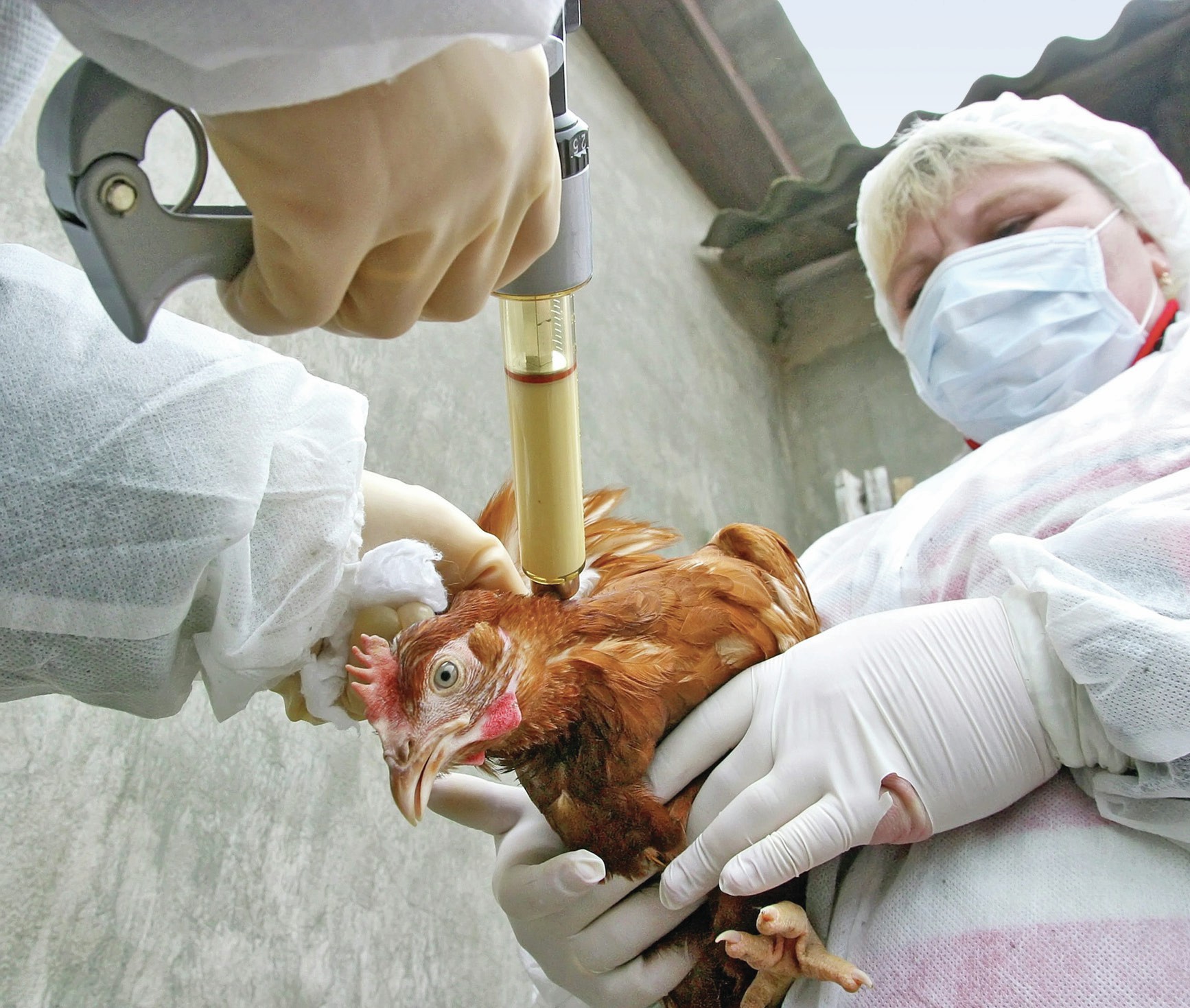
If you’re in the 16–18 age group you won’t remember ‘mad cow disease’ (bovine spongiform encephalopathy, or BSE). It was a major news story in the late 1980s and 1990s. From 1986 vets and farms in Britain started to notice cows with unusual symptoms: they were distressed, unsteady on their feet and often unable to stand.
At first there were small numbers of these cases, but they became increasingly common across the country, until thousands of cattle had been affected. No-one knew the cause of the condition, although it seemed likely that it was something to do with the brain. Eventually it was discovered that the disease was caused by a prion, a misfolded protein, which damaged brain tissue.
Your organisation does not have access to this article.
Sign up today to give your students the edge they need to achieve their best grades with subject expertise
Subscribe




